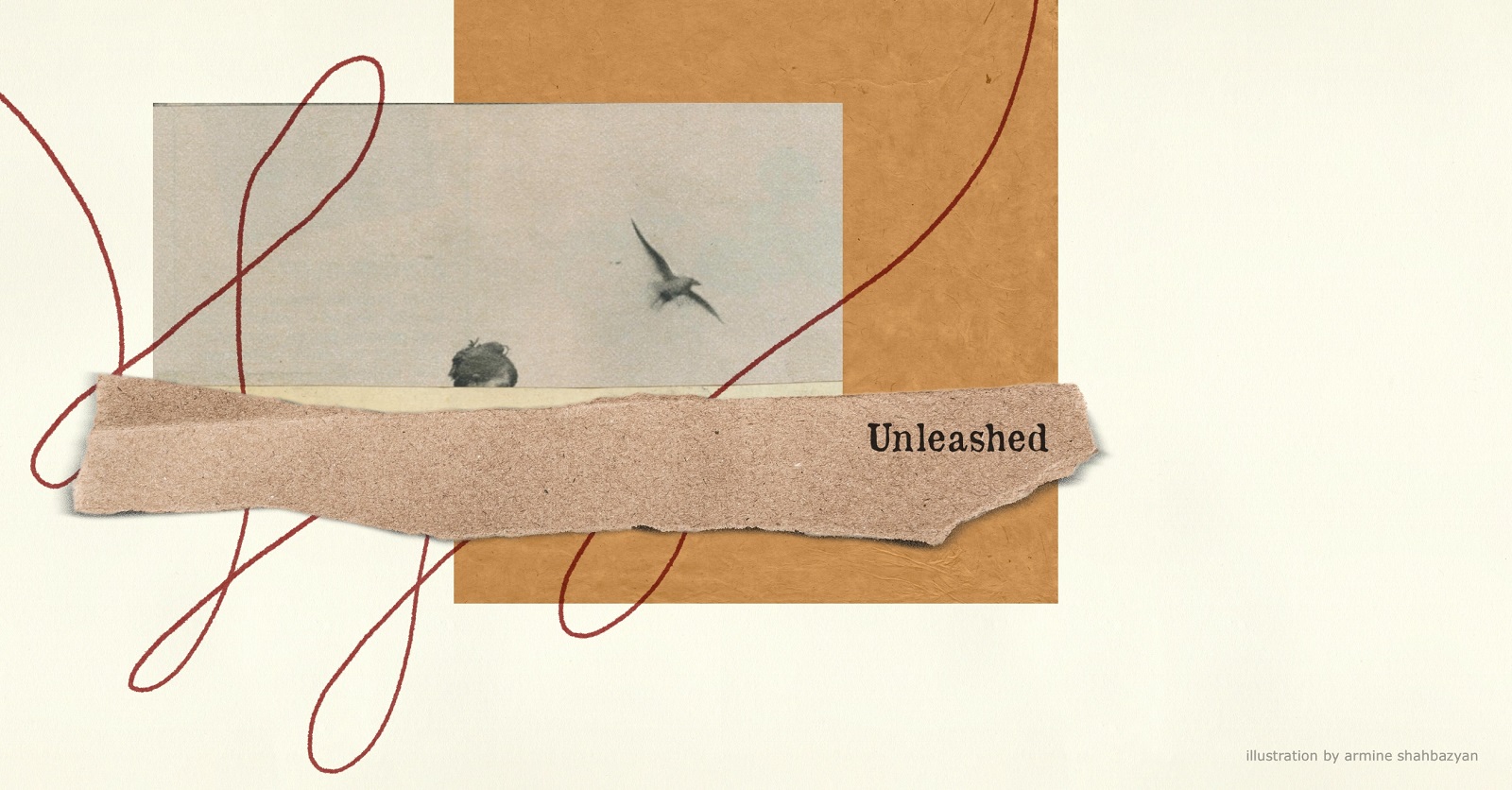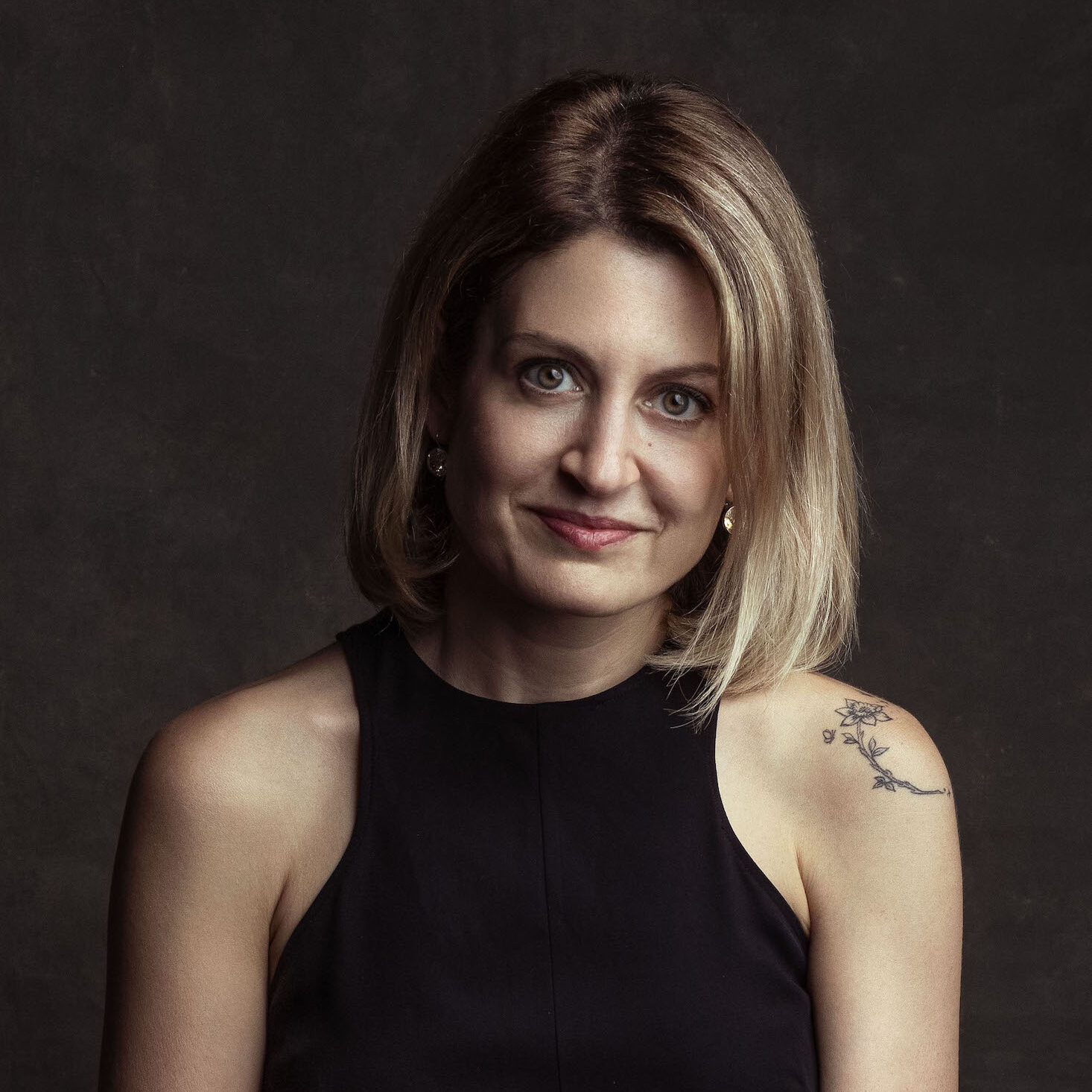

More than a billion people around the world celebrated Chinese New Year on February 10, 2024, starting the Year of the Dragon. I’m not exactly a follower of Chinese astrology, but I know that dragons hold a unique place: of all the animals in the Chinese zodiac (there are 12), only dragons are mythical. Chinese New Year was a very big deal when I lived in Cambodia, with everything draped in red and everyone repeating “Gong Xi Fa Cai” (Mandarin for “Congratulations and be prosperous”) to each other for days on end. The Year of the Dragon, which comes only once every 12 years, is considered particularly auspicious as the dragon symbolizes strength, courage, power, nobility, honor, luck and success.
I’ve also known for as long as I can remember that I was born in the Year of the Monkey, which symbolizes intelligence, cleverness, curiosity, and mischievousness, often associated with innovation and flexibility. But I can’t remember when, why or how I came to learn about it. The discovery wasn’t exactly a remarkable event, unlike some moments that can never be unseen or unfelt. After all, everyone remembers where they were and what they were doing on September 11, 2001. If you’re as old as I am, you’ll remember where you were and what you were doing when you found out that Princess Diana was killed in a horrific car accident. And if you’re Armenian, every detail remains seared in your mind of when you learned that Shushi fell or that Artsakh was lost and hemorrhaged of its entire Armenian population.
I remember how September 27, 2020, and every day thereafter for 44 days, seized my full attention. But nothing could prepare me for the rattle-to-the-core that was November 9, 2020, when the ceasefire statement was announced and the catastrophe it entailed for Armenia and Artsakh became clear. I was standing in my living room in The Hague, staring blankly at my phone for I don’t know how long before I felt my legs buckle. I can still hear the resounding thud of the creaky old hardwood planks meeting my knees, thankfully with a thin rug in between to soften the blow. As I laid down wide-eyed, cheek to floor, I felt something in me had snapped.
The feeling was not entirely unfamiliar, but very rarely had I ever felt it so strongly. I was never a staunch Armenian. Quite frankly, the Artsakh issue was barely even on my radar my entire life. I was born and raised in Montreal to ethnic Armenian parents who had immigrated to Canada from Turkey. I went to a private French school where the only other Armenians were my sisters. I had a Western name, did North American things, barely spoke Armenian, and had almost no Armenian friends except the few I’d met here and there over the years and eventually lost touch with. I dated (and married) non-Armenians and worked for the United Nations on nearly every conflict but Armenia or Artsakh.
Yet, the only other times I’d ever felt that similar “snap” so powerfully had to do with “Armenian” moments. Like at the age of 11, when I learned about the Armenian Genocide and, after pressing my parents for answers, discovering that my grandfather and great-grandparents on both sides were survivors of the most unimaginably horrific atrocities. After hearing their stories, I remember feeling like a piece of my brain had exploded, and I would never be the same.
Or six years later in 1997 when, on my first ever trip to Armenia, I went to pay tribute to my ancestors at Tsitsernakaberd and found that the eternal flame was not lit due to gas shortages. Staring instead at a gaping hole in the ground where the flame should have been and crying “It’s supposed to be eternal!” I felt a potent mixture of anger and sadness, the bitter taste of which still lingers today. The essay I wrote about that experience five years later got me into law school, and the die-hard obsession I developed trying to make sure nobody else ever had to feel those hellish “snaps” got me into the UN.
But were they really so hellish? In retrospect, they were also life-changing. Two months after the ceasefire to the day, on January 9, 2021, I was on a plane to Armenia for what I thought would be a month and eventually turned into what might as well have been a one-way ticket. Now, three years later, I’ve come to see that they weren’t even really snaps, but more like seismic shifts. An ancient, long-dormant power within me was stirred, which I can now best describe as an awakening—however rude—of dragons.
And for this, I have President Aliyev to thank. His diabolical war is the one that finally brought me home, to Mother Armenia. The dragons he unleashed in me awoke with a fierce determination to protect what is rightfully ours with the wisdom of our ancestors and the exponentially heightened resolve to fight for justice, for freedom, and for the right to live in peace on our ancestral lands. He may think his actions have intimidated or weakened us, but they only do if we let them.
So, while this Year of the Dragon may coincide with one of the darkest periods in Armenian history, for those who are worthy of the dragon’s majesty by choosing to embody its essence, it will transform adversity into opportunity, fear into fortitude, and challenge into triumph.
If your dragons are still sleeping, go wake them up. Their time has come to soar.
See all [Unleashed] articles here
Listen to Sheila’s personal reading of “Wake, Dragon”.

Sheila Paylan is an international human rights lawyer and former legal advisor to the United Nations. Now based in Yerevan, she regularly consults for a variety of international organizations, NGOs, think tanks, and governments.

